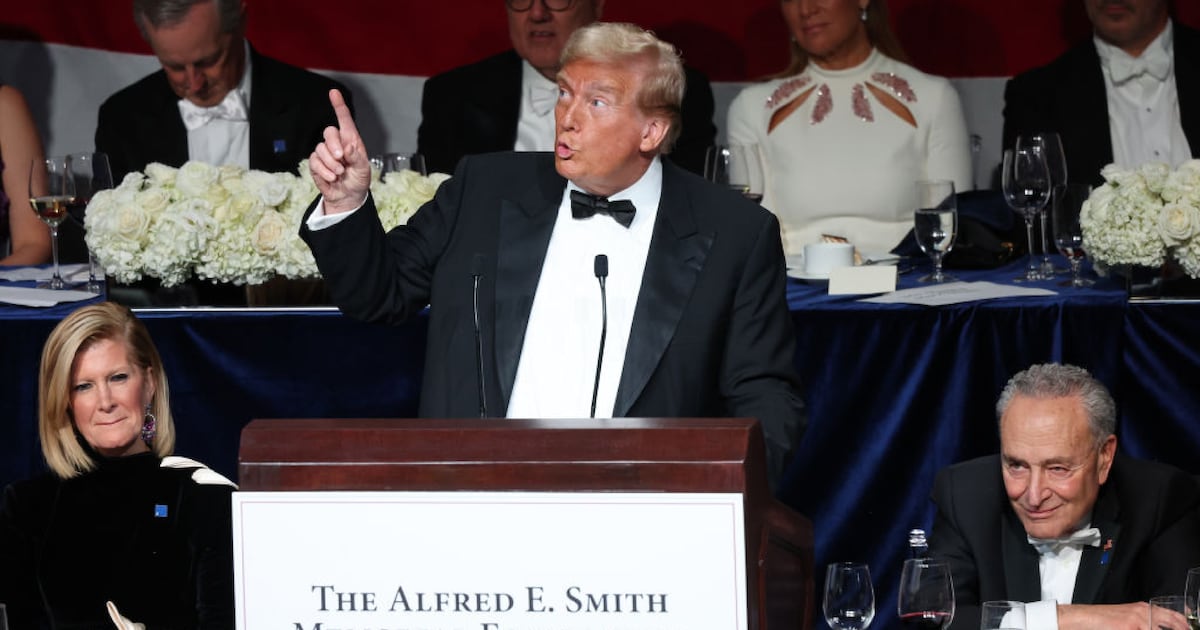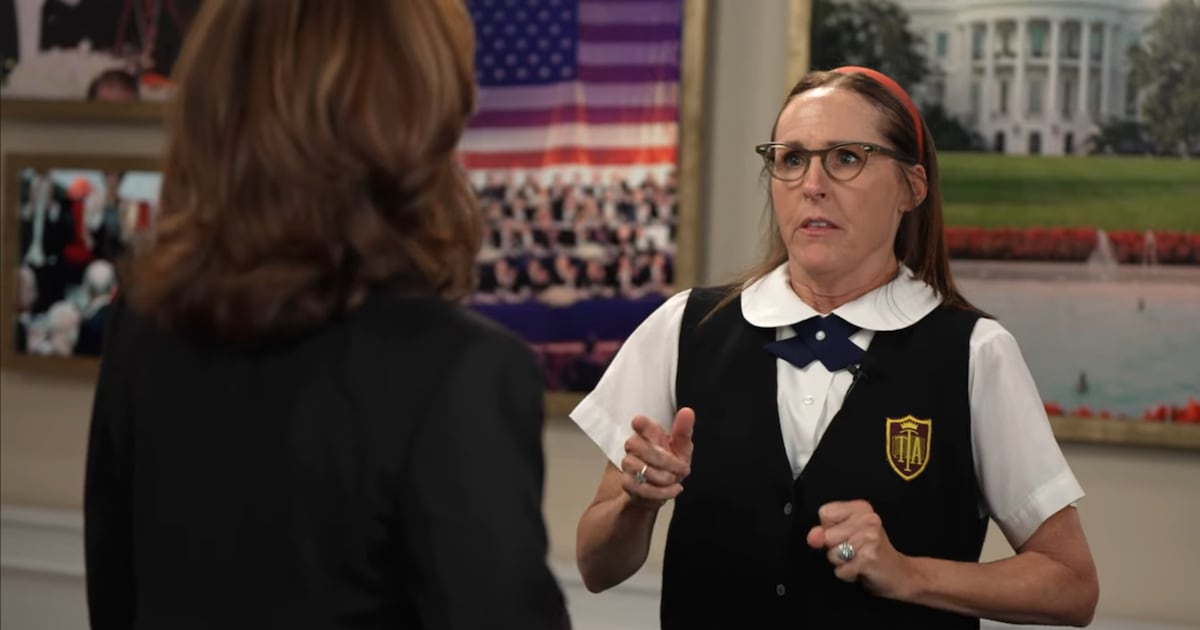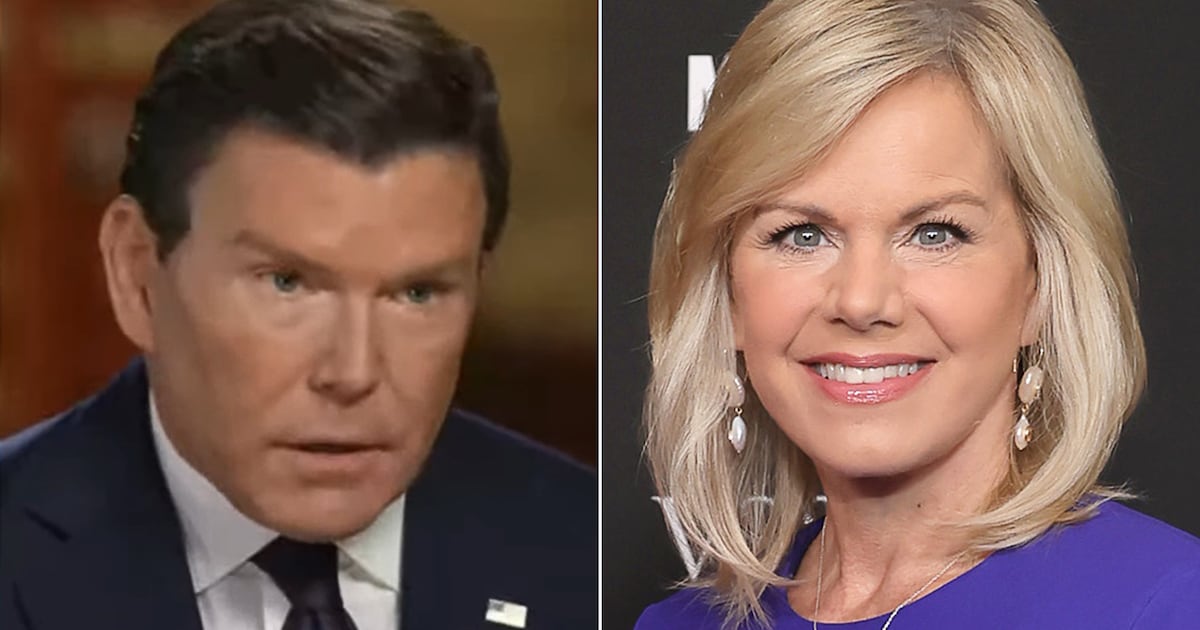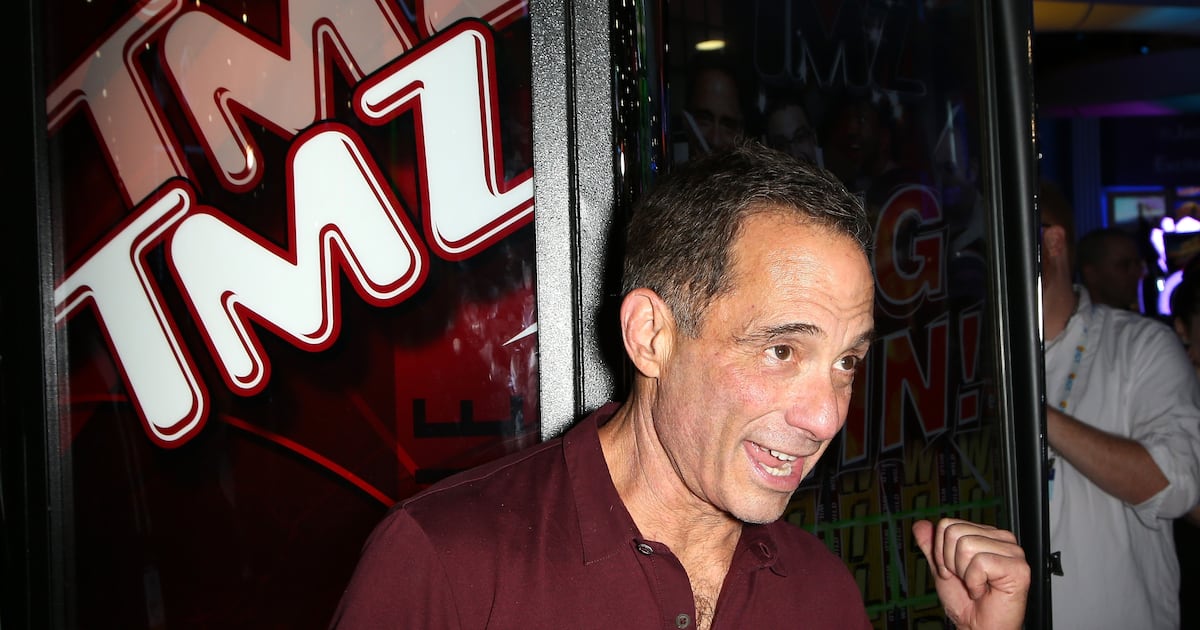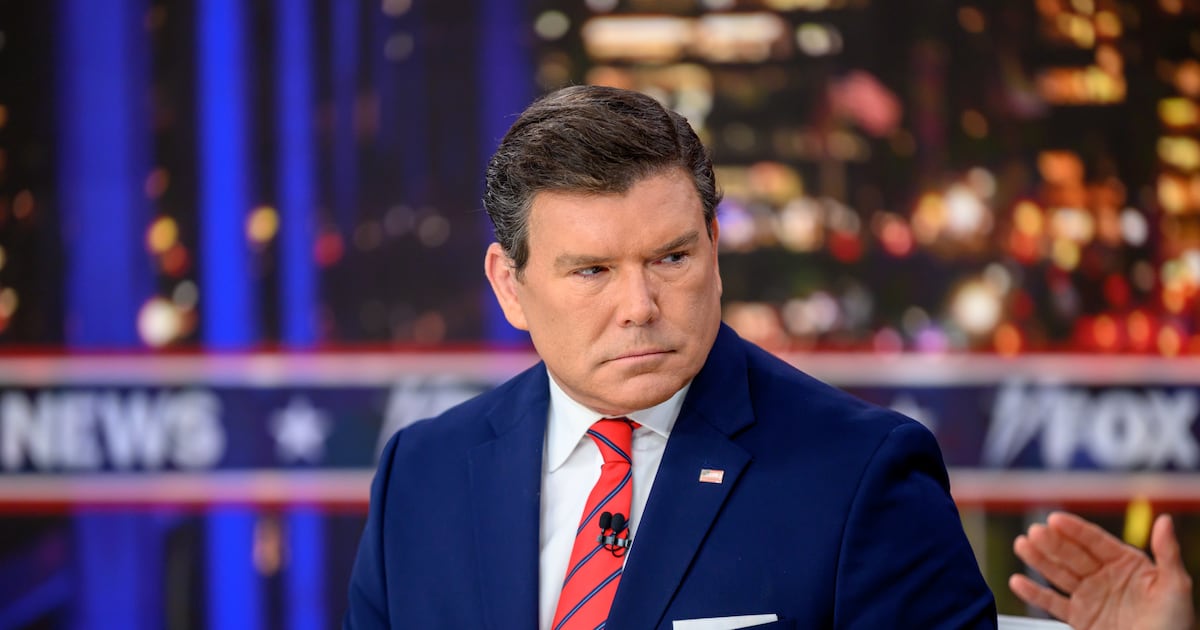If confirmed to the Supreme Court, Brett Kavanaugh may well have to resolve questions whether President Donald Trump can be subpoenaed by a grand jury, whether Trump can be indicted while in office, whether special counsel Robert Mueller’s investigation exceeds his jurisdiction, and more.
But contrary to Democrats’ efforts to paint him as “off the deep end” (in majority leader Chuck Schumer’s words) when it comes to presidential power, a closer look at Kavanaugh’s work yields the exact opposite conclusion: that he could end up being Trump’s worst nightmare.
In fact, Kavanaugh expressed a highly limited view of executive privilege in a 1998 article published in the Georgetown Law Review. The article was based on Kavanaugh’s experience working for independent counsel Kenneth Starr and helping to write the Starr Report that detailed President Clinton’s alleged crimes and sexual relationship with Monica Lewinsky.
ADVERTISEMENT
In that article, Kavanaugh decried the flaws in the independent counsel law (which was allowed to lapse a year later) but strongly supported the importance of an outside prosecutors such as Mueller. Noting that special counsels have been appointed since the days of President Grant, Kavanaugh wrote that “American legal history has clearly demonstrated the necessity of a mechanism to appoint an outside prosecutor to conduct certain sensitive investigations of executive branch officials.”
He also made a radical proposal to sharply limit presidential privilege, limiting it purely to national security.
“Government officials, even government attorneys, are public officials who work for the people,” he wrote. “Any claim to confidentiality against the United States stands on a radically different footing than a claim made by a private party.”
To that end, Kavanaugh wrote that “Congress should codify the current law of executive privilege available in criminal litigation to the effect that the President may not maintain any executive privilege, other than a national security privilege, in response to a grand jury or criminal trial subpoena sought by the United States.”
In other words, presidents must respond to subpoenas, and in responding to them, must disclose everything that does not impact national security.
Three years later, Kavanaugh went to work as staff secretary for President George W. Bush, who also faced numerous investigations, though none of damaging as Clinton’s. That experience informed a 2009 Minnesota Law Review article that has a slightly less expansive view – but still one which would play more against Trump than for him.
In a widely over-quoted and misconstrued passage, Kavanaugh wrote, “The country wants the President to be ‘one of us’ who bears the same responsibilities of citizenship that all share. But I believe that the President should be excused from some of the burdens of ordinary citizenship while serving in office.”
Specifically, Kavanaugh goes on to say, Congress should provide “that any personal civil suits against presidents… be deferred while the President is in office” and also that “Congress might consider a law exempting a President—while in office—from criminal prosecution and investigation.”
Such changes would indeed be radical. Had they been in place during the Clinton years, the impeachment would never have happened, because it grew out of a civil lawsuit by Paula Jones, and President Clinton’s perjury therein. Were they in place now, Stormy Daniels’ lawsuit against Trump (as well as many others) would be stalled for years, and any criminal actions uncovered by the Mueller investigation would go unprosecuted until Trump leaves office.
They are, however, proposals for what the law should be – not descriptions of what Kavanaugh thinks law is.
Kavanaugh did not dispute the unanimous Supreme Court decision that, under the Constitution, presidents are not immune from civil prosecution, and are almost certainly not immune from criminal prosecution. Rather, he was proposing a statutory change to make them so – precisely because they are not now.
The proposal is also based on experience. Interestingly, Kavanaugh reflected on his own time on the prosecutor side of the court and wrote, “Looking back to the late 1990s, for example, the nation certainly would have been better off if President Clinton could have focused on Osama bin Laden without being distracted by the Paula Jones sexual harassment case and its criminal investigation offshoots.”
Moreover, Kavanaugh continues, “like civil suits, criminal investigations take the President’s focus away from his or her responsibilities to the people. And a President who is concerned about an ongoing criminal investigation is almost inevitably going to do a worse job as President.”
Nothing that criminal investigations harm governance is not to promote an “imperial presidency” or to place the president “above the law.” It is to shift the balance somewhat between legal accountability and the presidential role.
Moreover, Kavanaugh notes, the impeachment process is the constitutionally provided means of holding presidents accountable. This is the very opposite of an “imperial presidency”; it is a proposal that Congress make use of the impeachment process when a president has committed criminal acts.
In sum, Kavanaugh’s 2009 article proposes theoretical solutions to the net of problems (which observers from across the political spectrum agree on) with the current regime of presidential accountability for criminal actions. It does contain radical ideas, but the radicalism of temporary immunity is balanced by the recourse to impeachment.
When you place Kavanaugh’s statements from 1998 and 2009 next to Trump attorney Rudy Giuliani’s claims that Trump does not have to comply with subpoenas and has all manner of privilege, it is clear that the latter will not play well with Justice Kavanaugh. Large assertions of privilege are unlikely to be entertained. And Kavanaugh is concerned about criminal investigations precisely because he understands them to be burdensome.
If Trump finds himself in the Supreme Court over the Russia investigation, nominating Justice Kavanaugh may well end up being the decision Trump regrets the most.
Read it at

